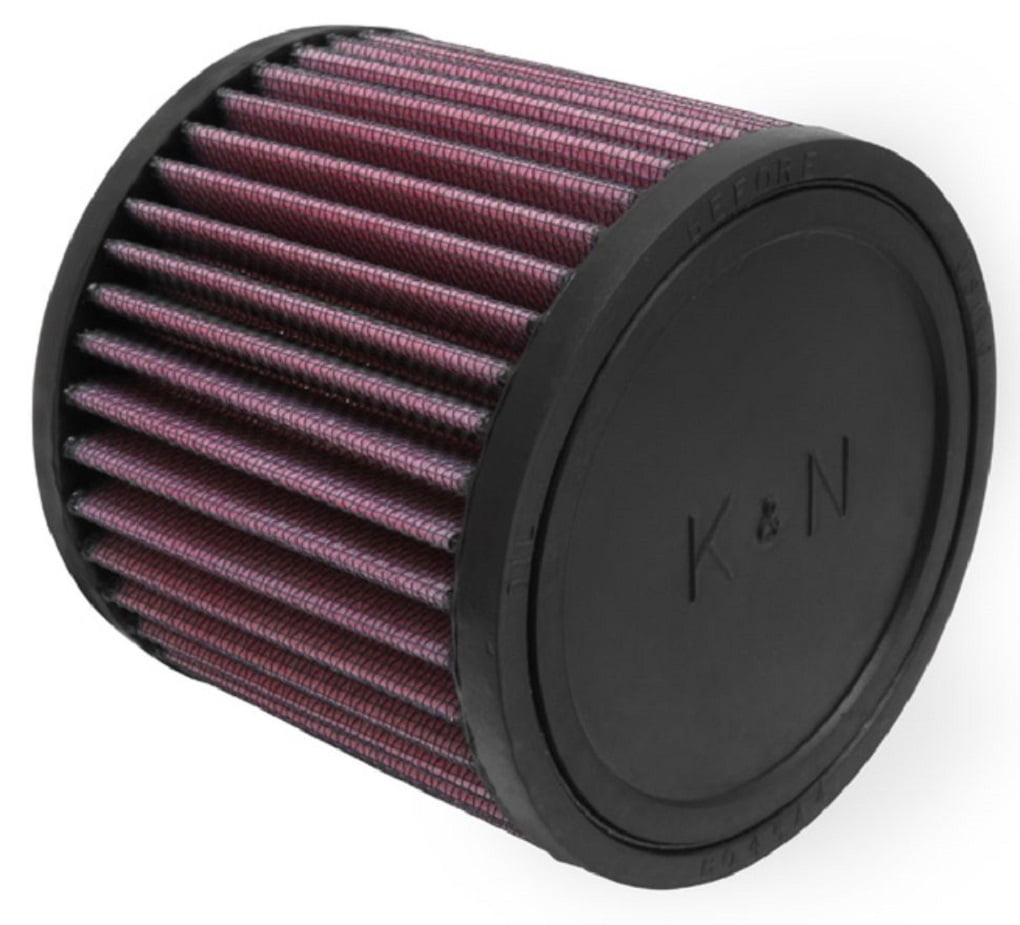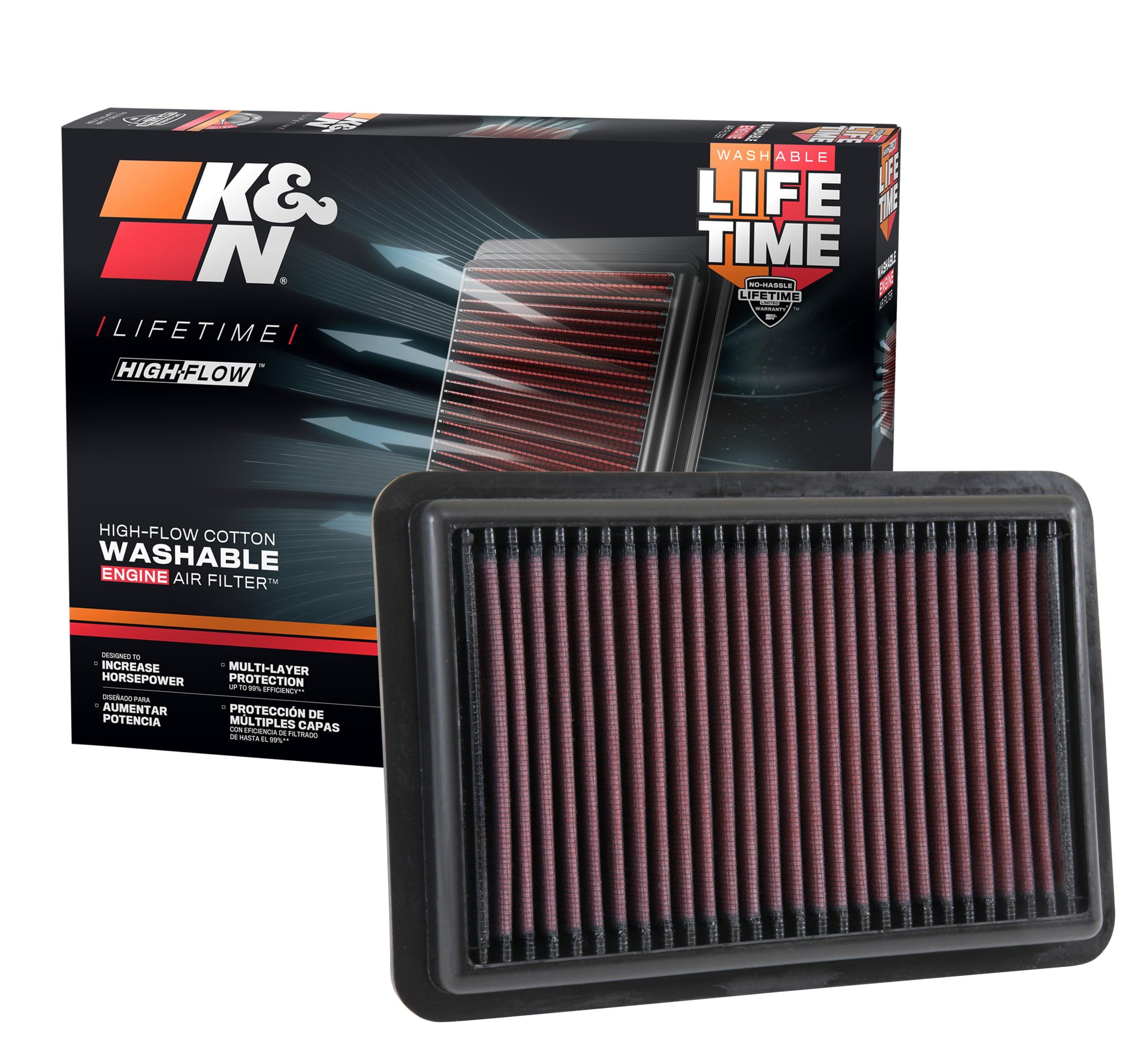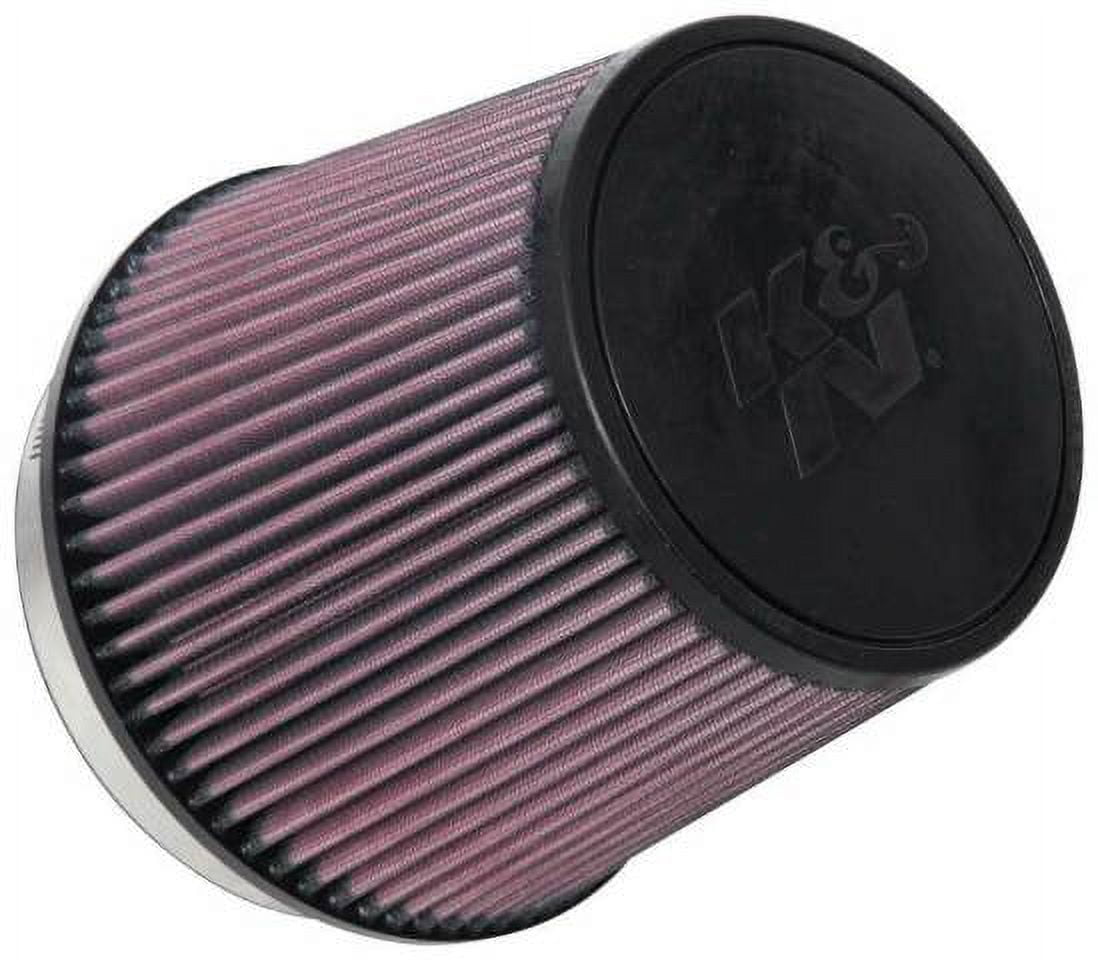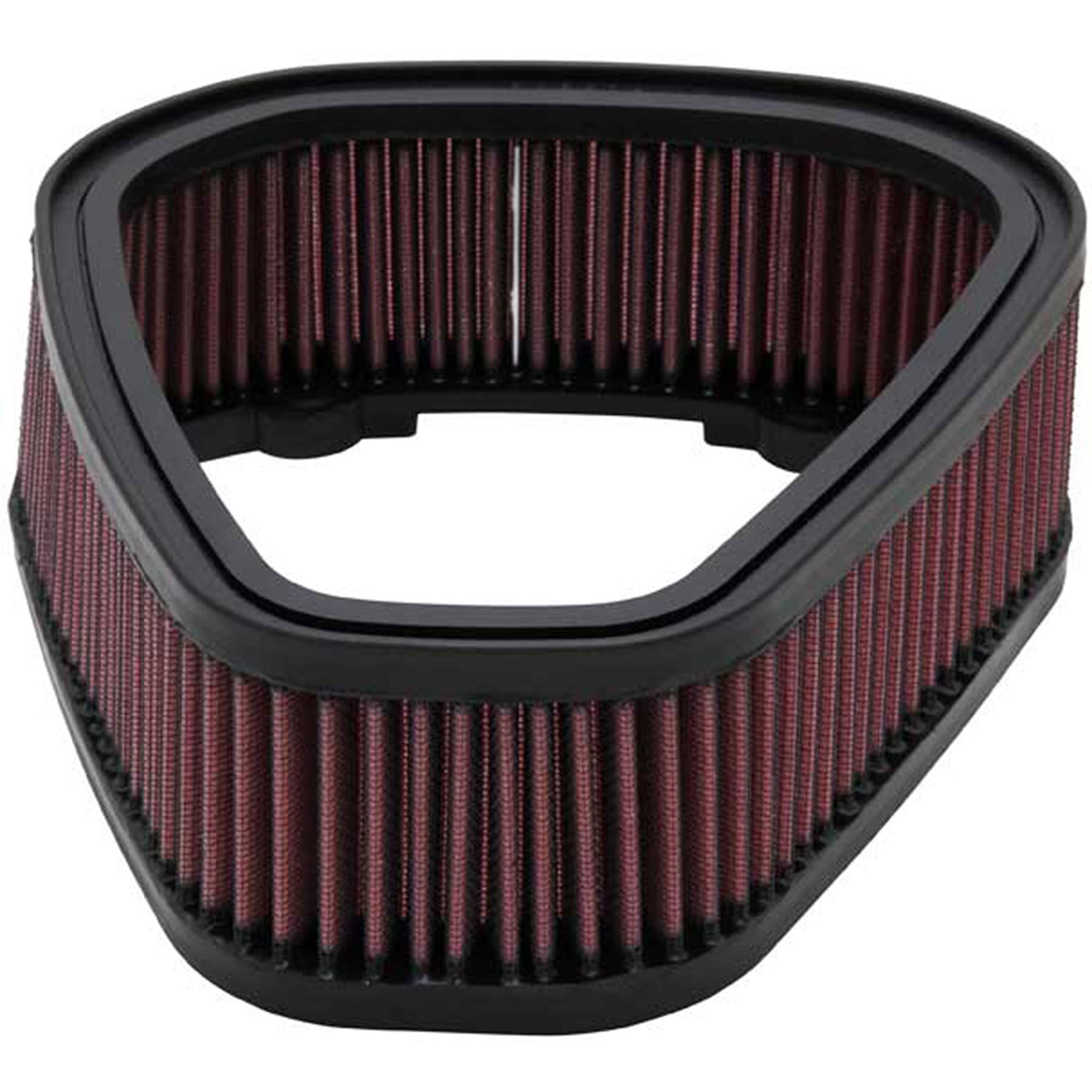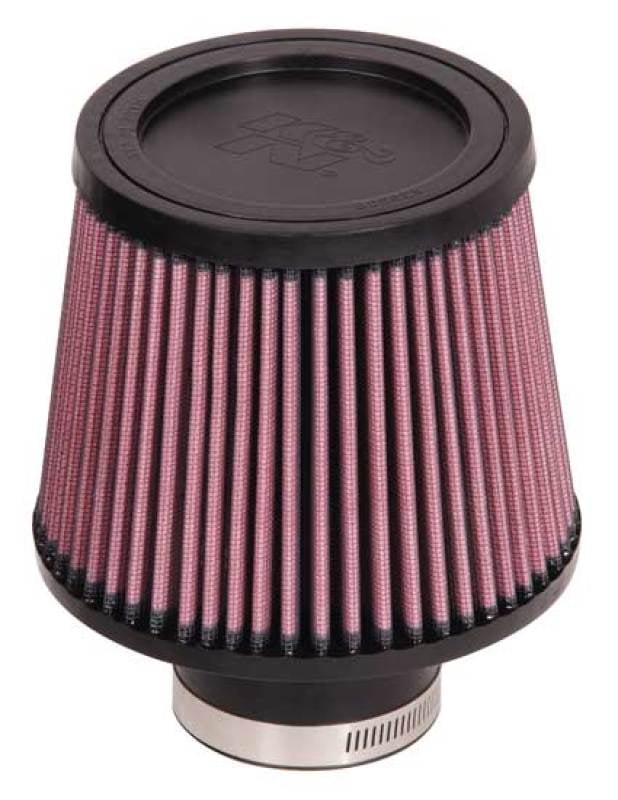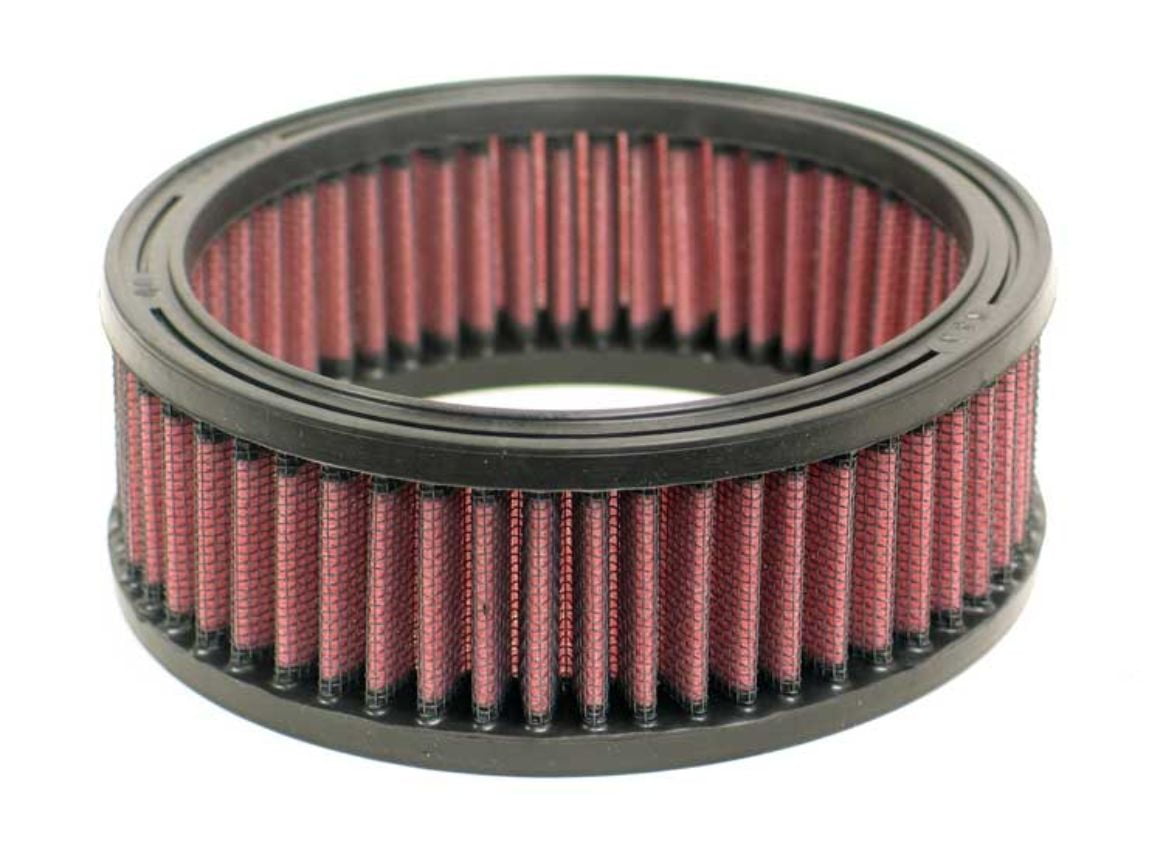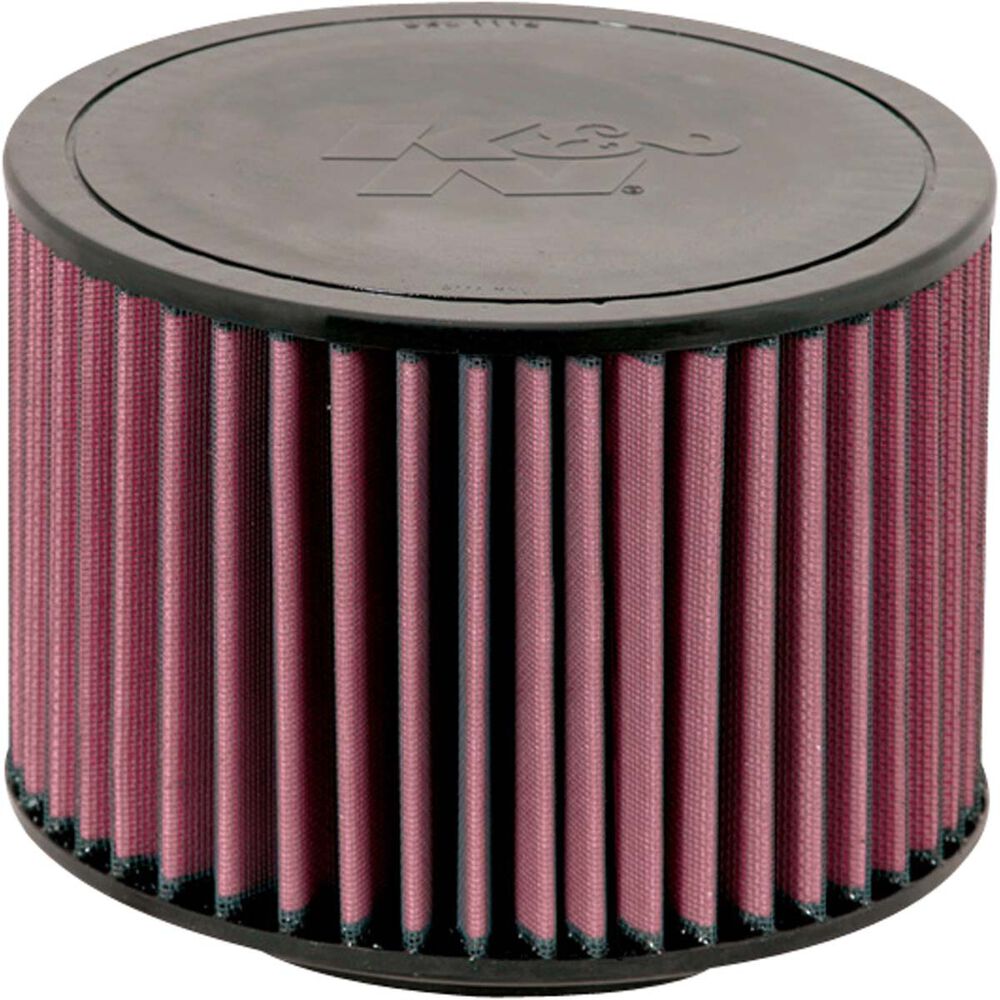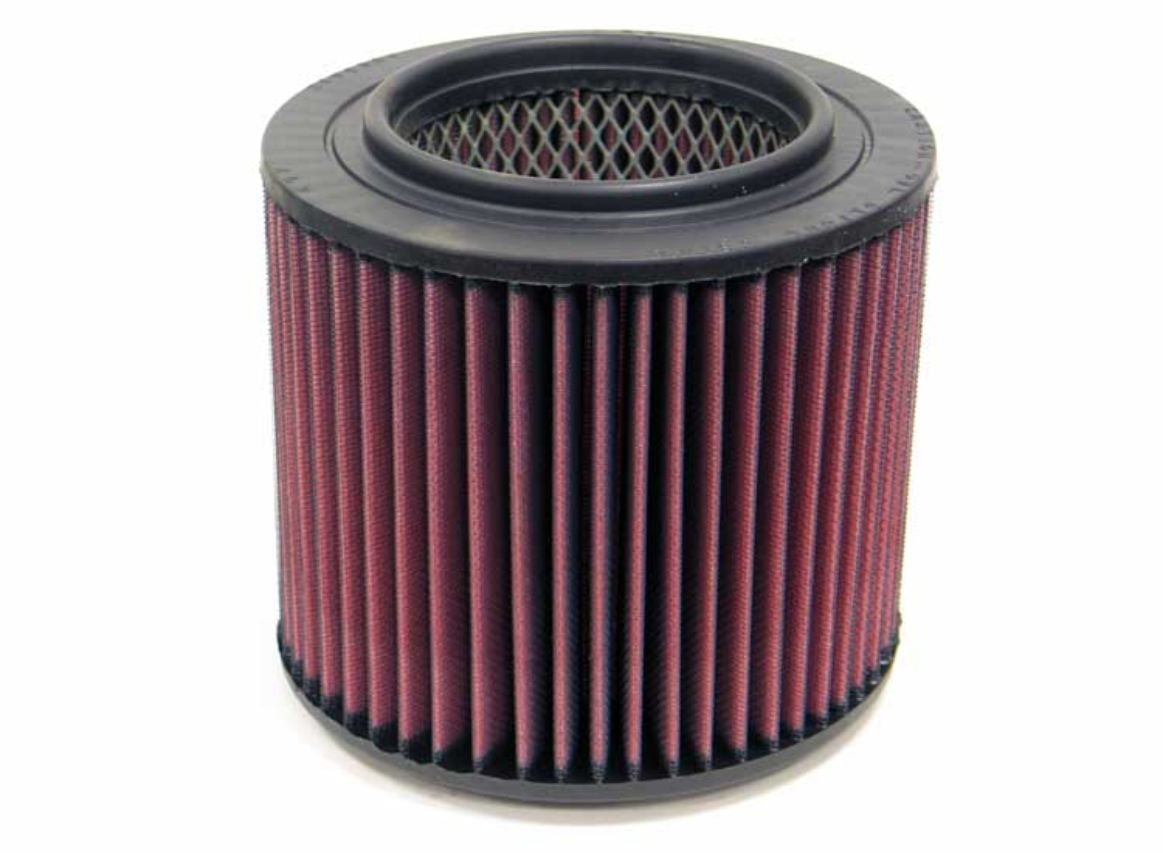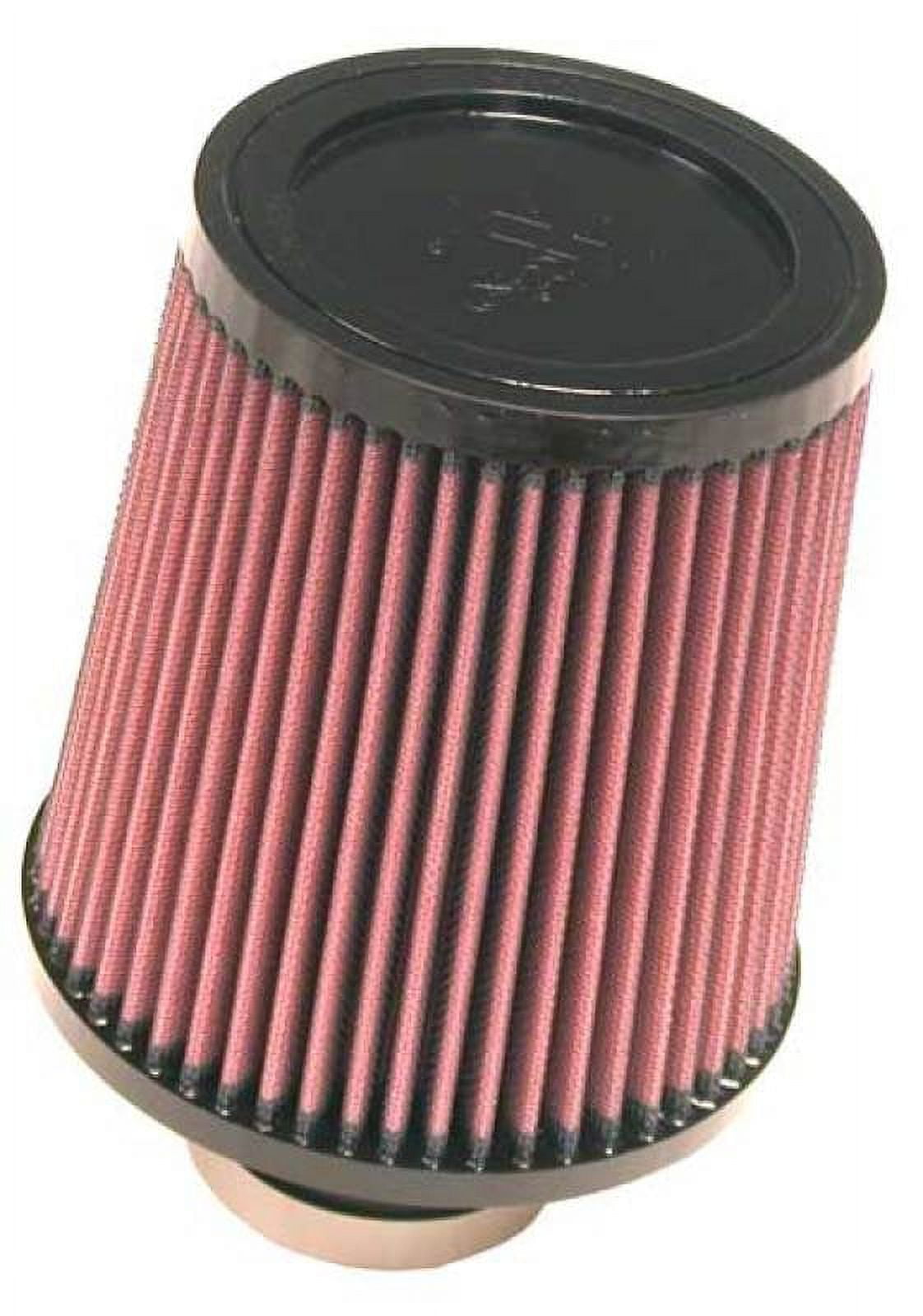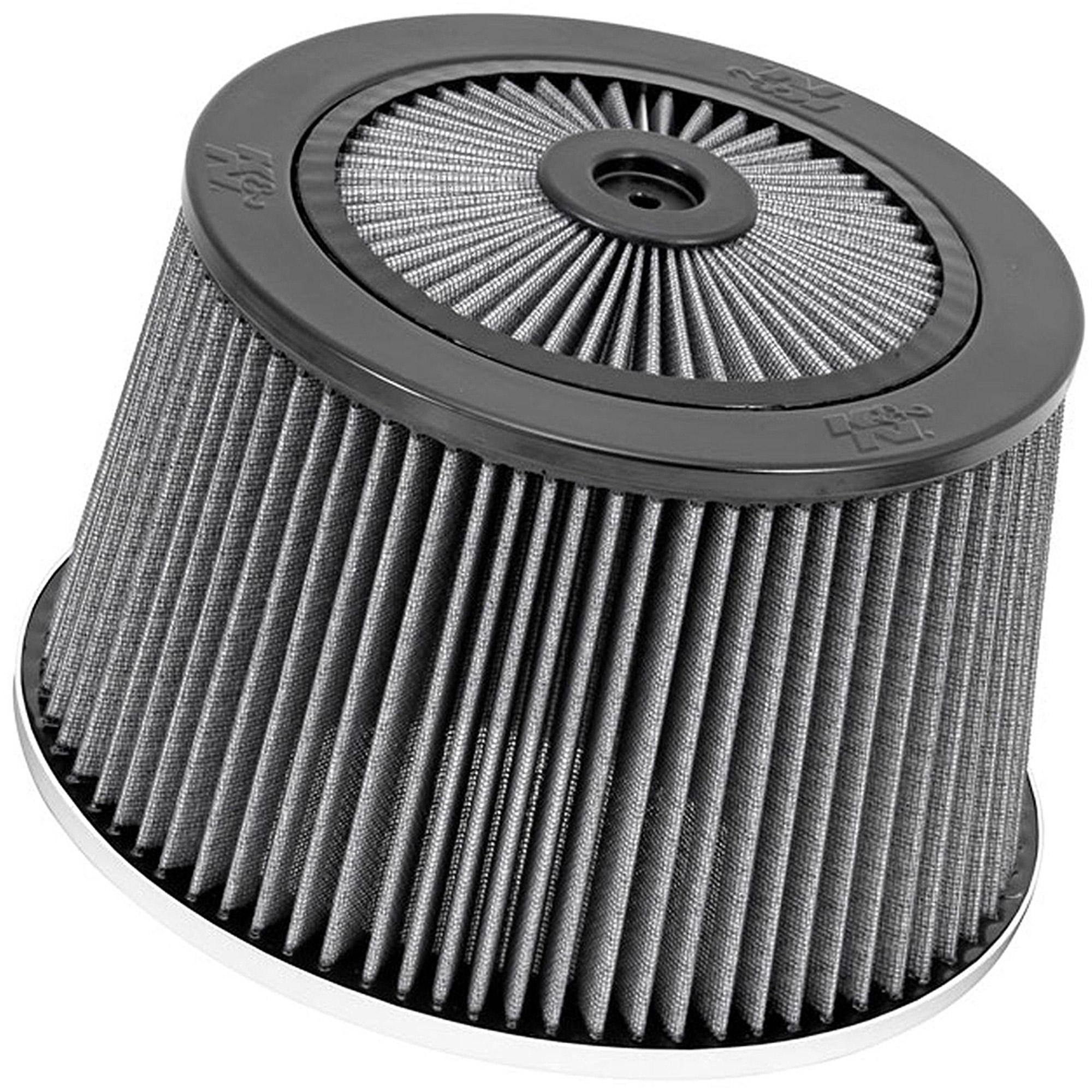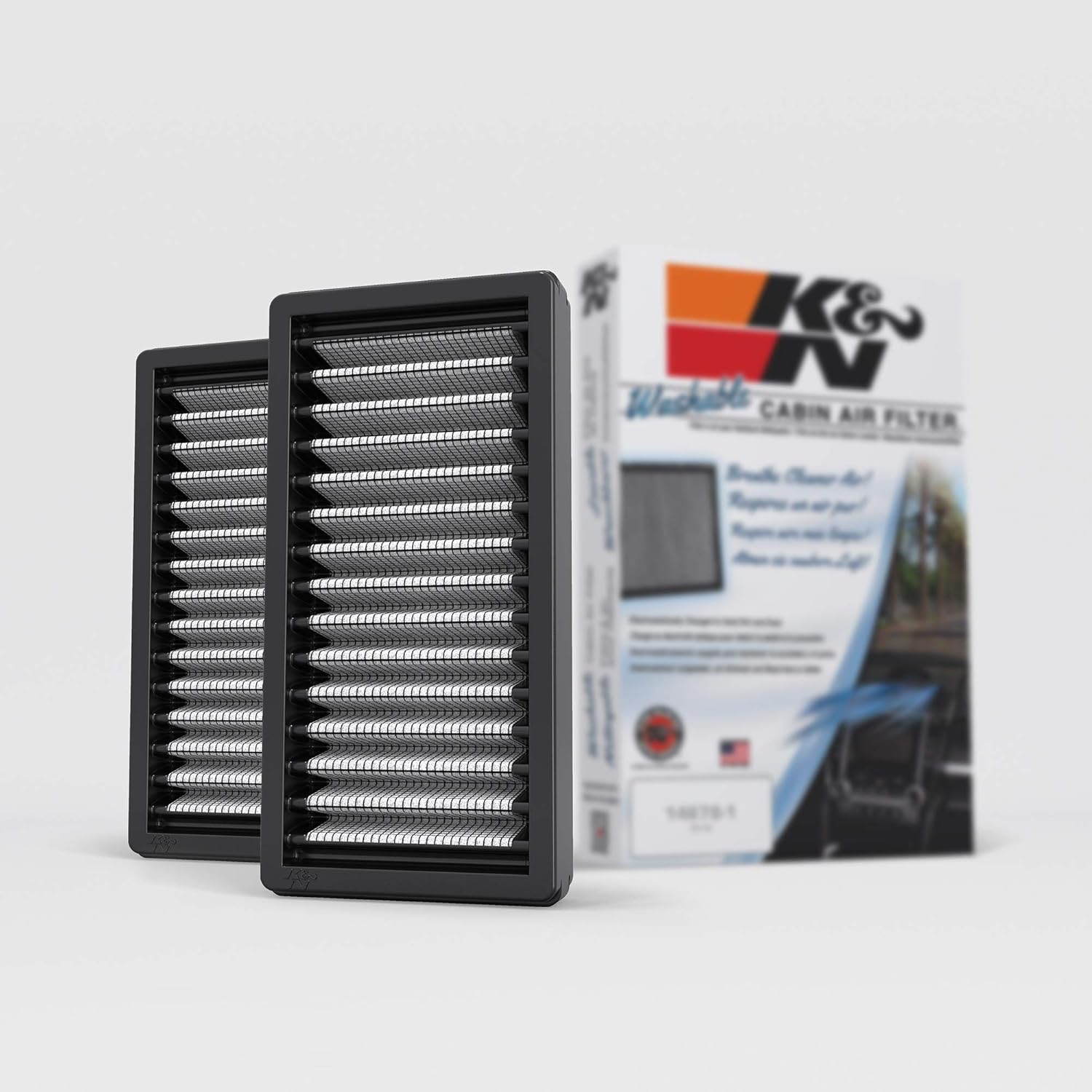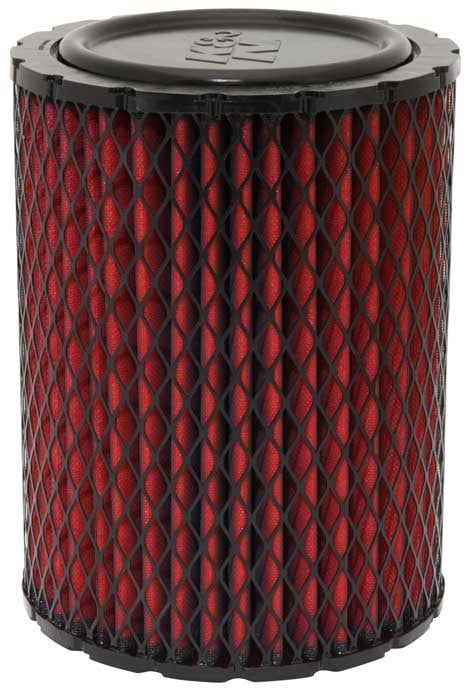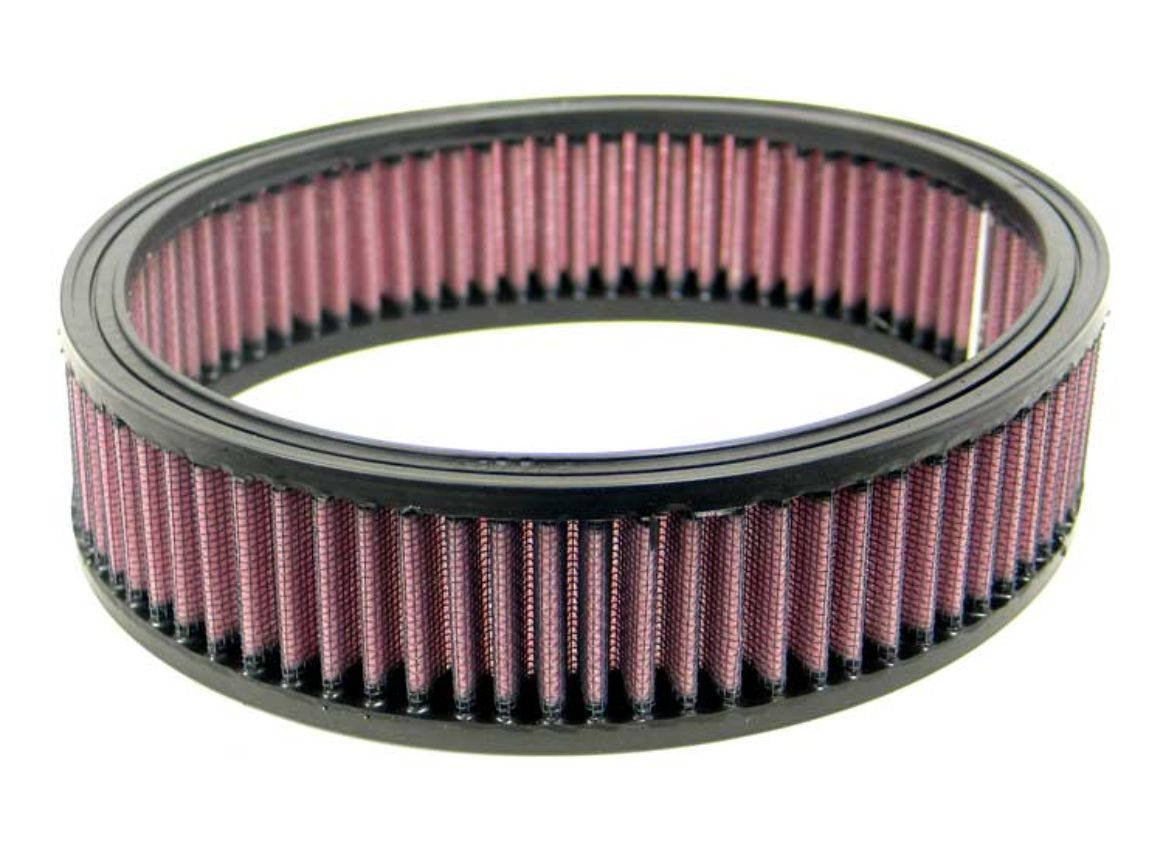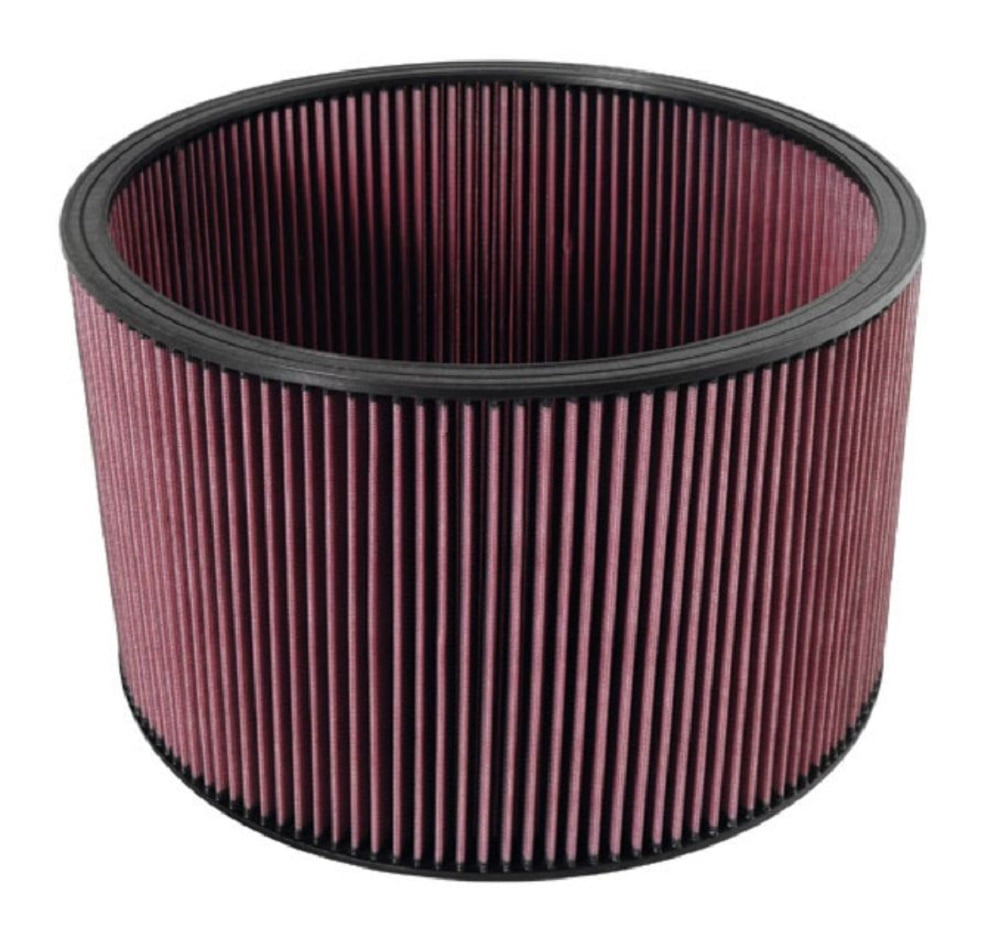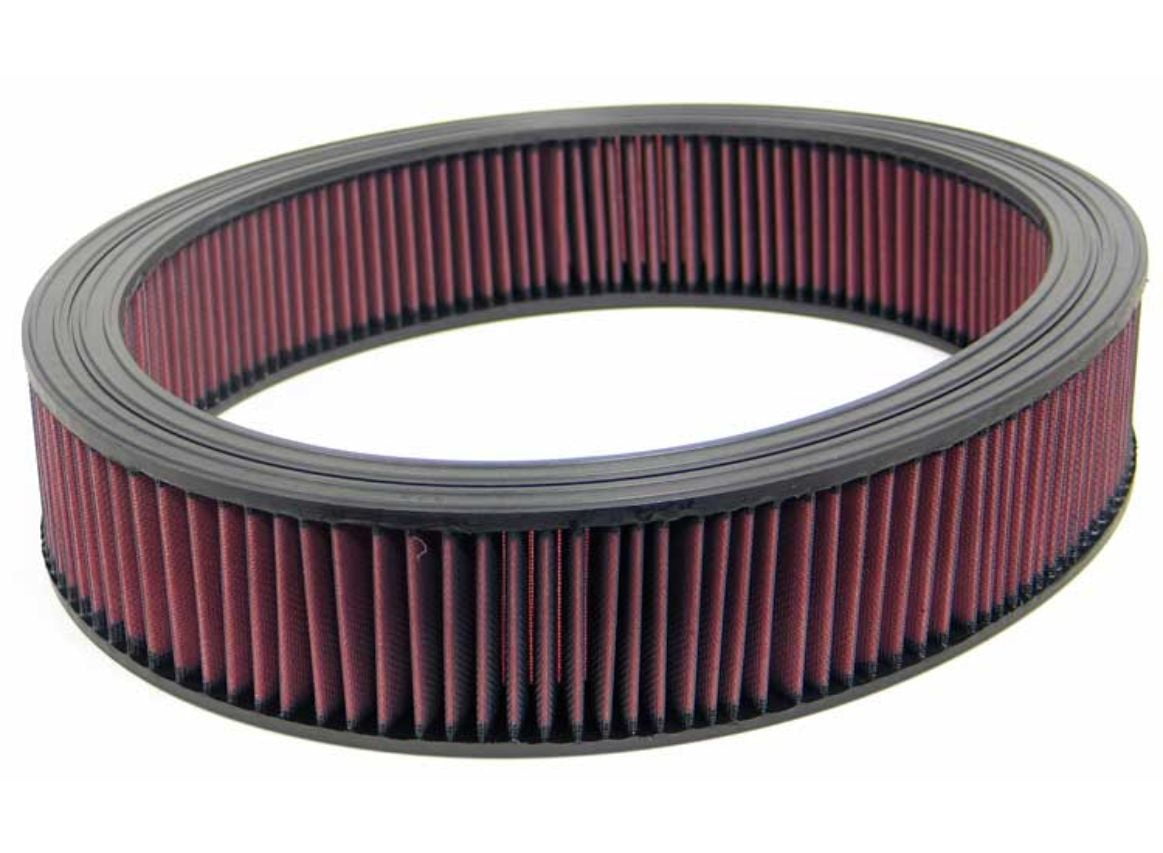K And N Washable Air Filter
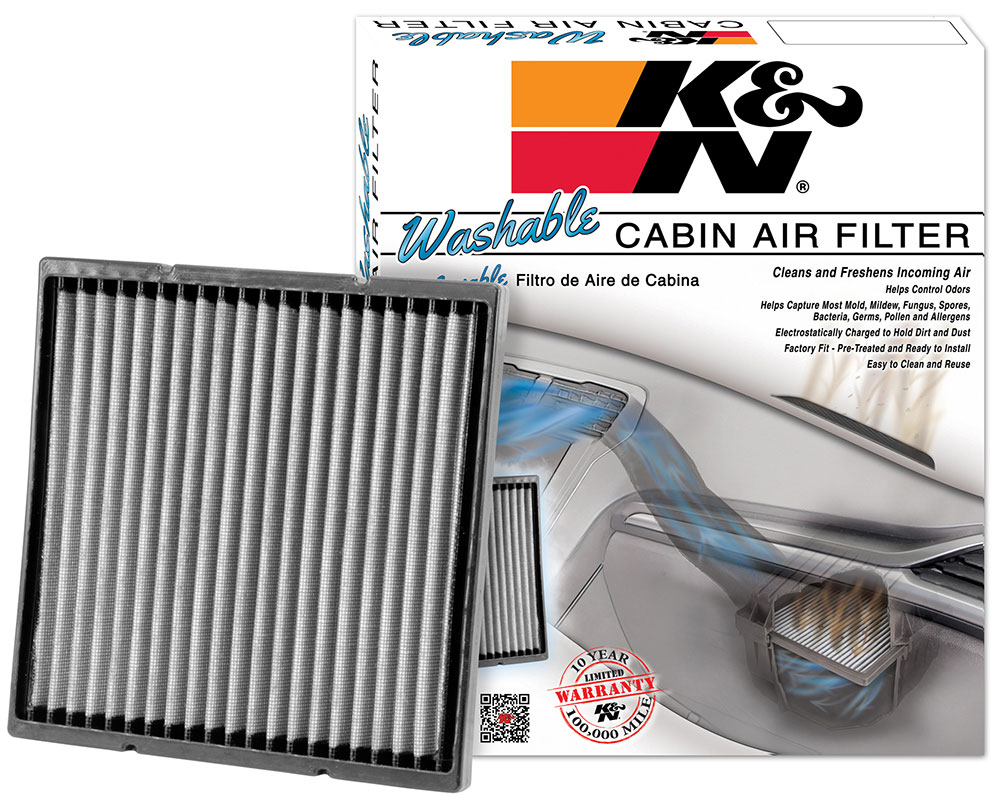
The debate around aftermarket automotive parts, particularly air filters, often swirls with claims of enhanced performance versus potential compromises in engine protection. K&N Engineering, a leading manufacturer of washable and reusable air filters, finds itself at the center of this discussion. While proponents champion increased airflow and environmental benefits, critics raise concerns about filtration efficiency and the potential for engine damage.
This article delves into the science, the claims, and the controversies surrounding K&N air filters. It examines the purported advantages of increased horsepower and fuel efficiency. Also explores the counterarguments related to inadequate filtration and the risk of introducing contaminants into the engine. It aims to provide a balanced perspective on whether a K&N air filter is a worthwhile investment or a potential liability for your vehicle. The examination is based on available data, expert opinions, and real-world user experiences.
The Allure of Performance: K&N's Claims
K&N Engineering has built a reputation on the promise of enhanced engine performance. Their washable and reusable air filters, constructed with multiple layers of oiled cotton gauze, are designed to offer less airflow restriction compared to traditional paper filters. This, according to K&N, translates to increased horsepower and improved acceleration.
The company supports these claims with dyno testing results and customer testimonials. These showcasing gains in horsepower across various vehicle makes and models. K&N emphasizes that their filters are engineered to optimize engine efficiency without compromising its long-term health.
Furthermore, K&N highlights the environmental benefits of their reusable filters. By eliminating the need for frequent filter replacements, they argue that their product reduces waste and conserves resources. A key selling point is the long lifespan and the potential cost savings compared to disposable filters.
Filtration Efficiency: A Point of Contention
The primary criticism leveled against K&N air filters centers on their filtration efficiency. Critics argue that the oiled cotton gauze, while allowing for greater airflow, doesn't filter as effectively as traditional paper filters. This could permit smaller particles of dirt and debris to enter the engine.
These particles can cause abrasive wear on engine components, such as piston rings and cylinder walls. This potentially leading to reduced engine life and increased maintenance costs. Independent testing has sometimes shown that K&N filters allow more particulate matter to pass through compared to OEM-style paper filters.
The concern is not solely about the quantity of particulate matter. The *type* of particulate also matters. Silica, a common component of dust, is particularly abrasive and can cause significant engine damage if it bypasses the air filter.
Addressing the Concerns: K&N's Defense
K&N addresses these concerns by emphasizing the importance of proper filter maintenance and oiling. They maintain that a properly oiled K&N filter provides adequate filtration while still delivering superior airflow. They also point to the millions of satisfied customers who have used their filters for years without experiencing engine damage.
The company insists that their filters meet or exceed OEM filtration standards when properly maintained. They provide detailed instructions and cleaning kits to ensure that users can effectively clean and re-oil their filters. Regular maintenance is crucial for the filter to function as intended.
K&N also points out that their filters are used in a wide range of applications, including off-road racing and heavy-duty equipment. They claim that these demanding environments demonstrate the durability and reliability of their filters.
The Oiling Factor: A Delicate Balance
The oil applied to K&N air filters is critical to their performance. It traps dirt and debris while allowing air to flow through the filter media. Too little oil can reduce filtration efficiency, while too much oil can restrict airflow and potentially damage sensitive engine components.
Over-oiling can lead to oil being drawn into the engine's intake system. This can foul mass airflow sensors and create other performance issues. Proper oiling requires careful application and adherence to the manufacturer's instructions.
The oil used by K&N is specifically formulated for their filters. Using alternative oils can compromise the filter's performance and potentially damage the filter material.
Real-World Experiences and Expert Opinions
The experiences of K&N air filter users are mixed. Some report noticeable improvements in throttle response and engine performance, while others experience no discernible difference. Some users have reported issues with mass airflow sensor contamination, which they attribute to over-oiling their filters.
Automotive experts offer varying opinions on the use of K&N filters. Some endorse them as a viable performance upgrade, while others caution against their use, especially in vehicles driven in dusty or off-road conditions. Ultimately, the decision of whether or not to use a K&N filter depends on individual needs and priorities.
Many mechanics and automotive technicians suggest that the benefits of a K&N filter are marginal for most street-driven vehicles. They recommend prioritizing regular maintenance and using high-quality OEM-style filters for optimal engine protection.
Conclusion: Weighing the Pros and Cons
K&N washable air filters offer a compelling proposition: increased performance, environmental benefits, and long-term cost savings. However, potential drawbacks, such as reduced filtration efficiency and the need for careful maintenance, must also be considered. The potential for engine damage, while often debated, remains a concern for some users.
For enthusiasts seeking a modest performance boost and willing to commit to regular filter cleaning and oiling, a K&N filter may be a worthwhile investment. However, for drivers primarily concerned with engine protection and reliability, particularly those operating in harsh environments, sticking with OEM-style paper filters may be a more prudent choice. The decision hinges on individual priorities and a careful assessment of the risks and benefits involved.
Ultimately, the choice of air filter is a personal one. It should be based on informed research, realistic expectations, and a thorough understanding of the vehicle's operating conditions. Consulting with a trusted mechanic or automotive expert can provide valuable insights and help make the right decision. The future of air filtration may see advancements in both paper and reusable filter technologies, offering consumers more options for balancing performance, protection, and environmental responsibility.
